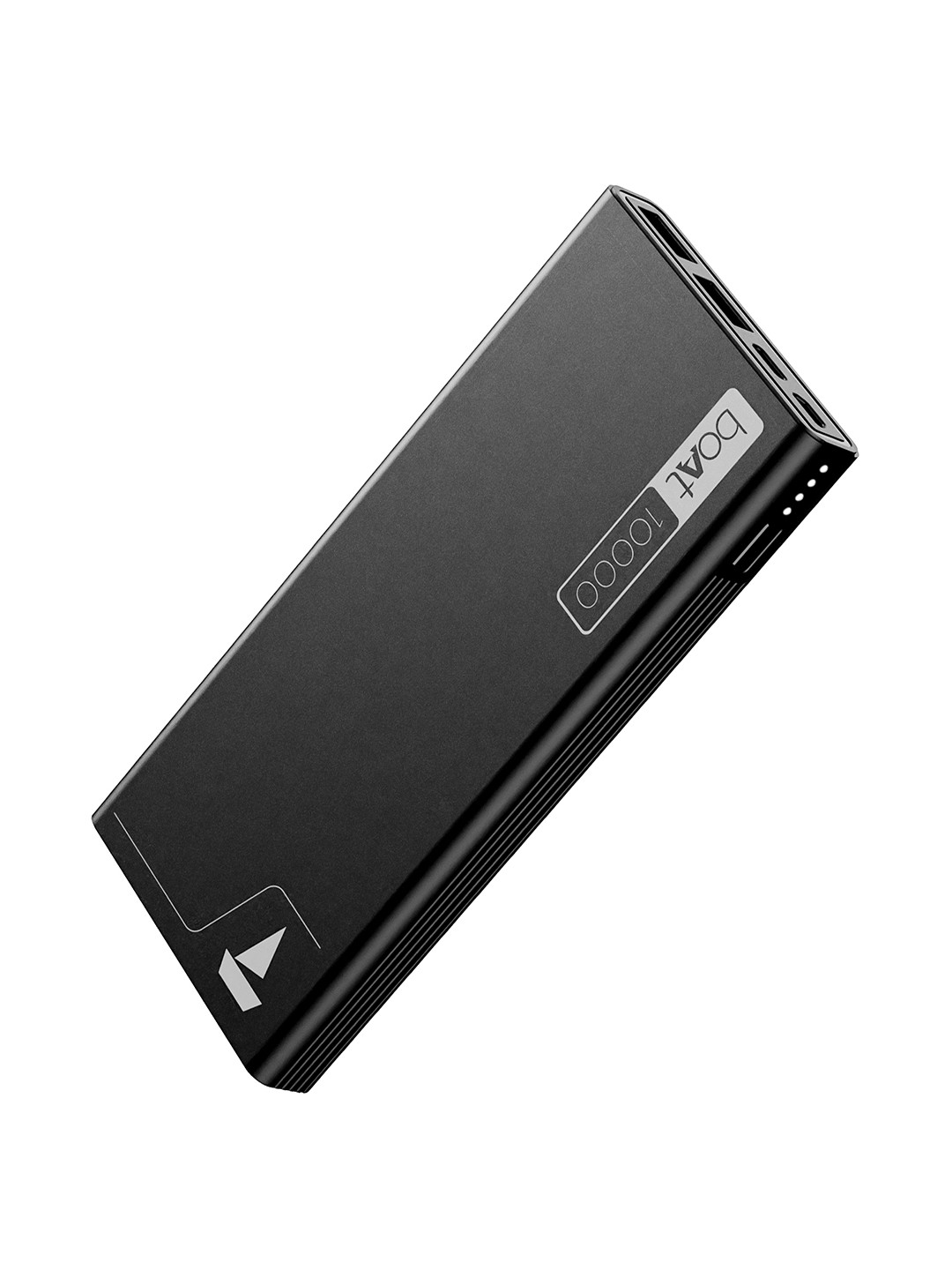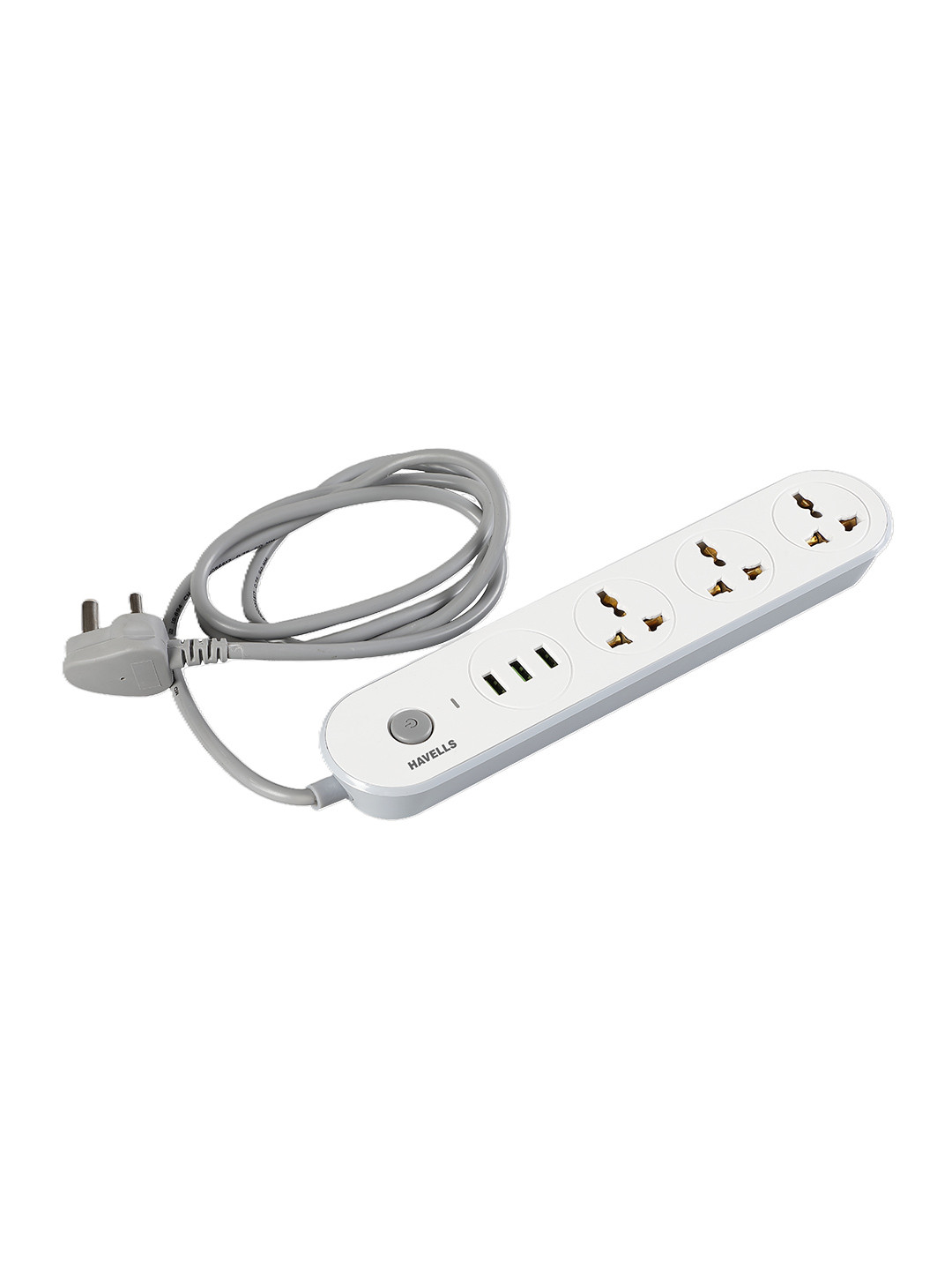How Battery-Ready Homes Are Changing the Way India Powers Up: Why It Matters Now
As India’s power needs rise and electricity bills follow close behind, more families are quietly investing in battery-ready homes. From lower bills to energy freedom, this is everything they have figured out before the rest of us.

Battery-Ready Homes: Why Smart Homeowners Are Ditching Generators And Slashing Bills
There's a quiet revolution happening behind closed doors, literally. Across bustling metros, sleepy suburbs, and even rural belts, homes in India are gearing up to embrace energy independence. No, not with just solar panels (though they're part of it), but with something even more game-changing: home battery systems.
Think of a battery-ready home like a mobile phone with a power bank. It doesn't panic when the lights flicker or go off. Instead, it keeps running, cool and confident. And as load shedding, unpredictable weather, and surging electricity bills become the norm, this backup isn't a luxury anymore, it's common sense.
While the rest of us grumble at inflated bills and unreliable grids, a growing number of households are already one step ahead. They know what's coming, and they're preparing for it. The question is, shouldn't you be doing the same?
How Battery-Ready Homes Are Changing the Way India Powers Up: Cost, Benefits And Why It Matters Now; Photo Credit: Pexels
1. The Price of Power: Why Homes Are Breaking Up With The Grid
Electricity bills in India are like onions, they make you cry, and everyone blames someone else. From Delhi to Bengaluru, the average urban family spends anywhere from ₹1,500 to ₹5,000 a month on power. That's not just a dent in the wallet, it's a long-term sinkhole.
But the money isn't the only pain point. Outages, especially in Tier 2 and Tier 3 cities, remain common. Summers are worse. Think ceiling fans gasping for breath and kids waking up drenched in sweat. And with air conditioners becoming standard even in modest homes, the load is only growing.
That's where battery-ready homes offer a breath of fresh, climate-controlled air. Instead of depending solely on DISCOMs (distribution companies), these homes store energy when it's available and use it when it's not. Some even sell surplus power back to the grid.
They're not just saving money, they're making it.
2. Solar Power Meets Smart Storage: A Match Made in Sustainability Heaven
Most people think installing solar panels is the end goal. It's actually just the beginning. The real magic happens when solar teams up with home batteries. Together, they turn a house into a mini power station.
Here's how it works: solar panels generate electricity during the day. Whatever your home doesn't use gets stored in the battery. When the sun goes down or the grid goes out, your stored power kicks in, quietly, seamlessly, and without the whir of a diesel generator.
It's green, it's quiet, and, here's the cherry on top, it often pays for itself within 5–7 years.
In a country where rooftop solar is becoming more accessible and battery prices are slowly dropping, the combination of the two is simply irresistible. Add to that the satisfaction of reducing your carbon footprint, and you've got a win-win that's tough to argue with.
3. Say Goodbye to Generators, and Their Grumpy Roars
Everyone has a memory of the neighbourhood generator's chugging growl. It always starts up at the worst times, midnight, exam season, wedding days. While they've been the go-to backup for years, times are changing fast.
Batteries are now stepping in as the quieter, cleaner alternative. No smoke, no fumes, and certainly no 2 a.m. engine coughs.
For those living in high-density flats or independent houses in cities like Pune, Jaipur, or Coimbatore, battery systems are proving to be a lifesaver. No more worrying about fuel storage, maintenance, or violating residential noise pollution laws.
And here's something else, batteries don't need you to 'start' them. They simply work. So while the neighbours are fiddling with choke knobs and trying to remember which switch to flip, you're already making tea and checking Instagram.
4. Battery-Ready Homes are Resale-Ready Too
You know what's more attractive than a modular kitchen in today's property market? A solar-powered, battery-backed home.
As Indian homebuyers become more aware of environmental and financial sustainability, battery-readiness is emerging as a prized feature, especially in metros like Hyderabad and Ahmedabad where tech-savvy buyers lead the pack.
Even modest apartments that come with integrated energy storage or wiring for future upgrades are catching attention. Developers are catching on too, marketing homes as “battery-ready” or “energy-resilient.”
It's not just about saving money, it's about future-proofing. When the next buyer walks through your home and realises they'll be protected from outages and escalating bills, that's value that no marble flooring can beat.
Battery-Ready Homes: Why Smart Homeowners Are Ditching Generators And Slashing Bills; Photo Credit: Pinterest
5. The ROI is Real: Battery Investments That Make Sense
Buying a battery system might feel like a big upfront expense. Prices can range from ₹1 lakh to ₹5 lakhs depending on capacity, brand, and solar compatibility. But here's the kicker, it actually pays back.
Let's break it down. Say your power bill is ₹4,000 a month. A decent solar-battery combo could slash that in half or more. That's ₹24,000 saved every year. And if you're smart about using energy during peak sunlight hours, the battery stretches your savings even further.
Plus, subsidies are available in many states under India's rooftop solar scheme. Combine that with zero maintenance (most lithium-ion batteries last up to 10 years), and you've got one of the smartest investments you can make for your home.
So while a new sofa might fade or go out of style, a battery keeps giving.
6. Freedom Feels Good: No More Power Cuts or Waiting Games
Power cuts are like that one friend who always shows up uninvited. In many parts of India, they still barge in unannounced, especially during peak summer or after a storm.
But battery-ready homes don't flinch. They carry on as if nothing happened. Whether you're on a Zoom call, bingeing a K-drama, or running your small business from home, batteries bring uninterrupted peace of mind.
For elderly parents or young children, this constant supply of power is more than convenience, it's safety. No stumbling in the dark, no risking medical devices shutting down, no sudden fan failures in a 42°C heatwave.
It's the sort of freedom that feels… quietly heroic.
Also Read: Livguard, Luminous To Genus, 5 Bestselling Inverter Batteries On Flipkart End Of Season Sale
7. Cleaner Air, Clearer Conscience
Here's a less talked-about benefit: battery-powered homes are a silent nod to cleaner air. Unlike generators that puff out carbon monoxide and other nasties, batteries run clean.
With cities like Delhi, Lucknow, and Patna already gasping under air pollution levels, every little bit counts. A single generator can emit nearly as much pollution as dozens of cars in a day. Imagine what replacing even 10% of them with silent batteries could do.
And it's not just outdoor air. Indoor pollution from generator fumes, especially in tightly packed homes, can cause respiratory issues, headaches, and long-term damage.
Battery systems, by contrast, let you breathe easy. Both literally and figuratively.
8. Getting Started is Easier Than You Think
If all this sounds futuristic or intimidating, don't worry, it's not. Battery-readiness is more accessible today than ever before.
Many solar installers now offer turnkey solutions that include battery integration. They'll check your home's load, suggest the right system, and even handle the paperwork for subsidies. Some even offer EMIs starting at ₹2,000/month, which makes it feel more like a utility bill than an investment.
Even without solar, a basic battery backup system can keep essentials running: lights, fans, fridge, Wi-Fi router, and mobile charging. And as your needs grow, systems can be scaled up easily.
Battery-readiness isn't just for the tech-savvy or the rich. It's for any home that wants to be smarter, safer, and more future-ready.
Battery-Ready Homes: Why Smart Homeowners Are Ditching Generators And Slashing Bills; Photo Credit: Pinterest
Products Related To This Article
1. Luxntek Solar CFL UPS-55 Watt MINIUPS-55W Square Wave Inverter
2. V-Guard Smart Pro 1200 S Solar Inverter with Wi-Fi and Bluetooth Connectivity (Free Installation) Digital Pure Sine Wave Inverter
3. DELTA POWER 1KVA (1000VA) 60A Hybrid Solar Inverter Fully Automatic PCU
4. LUMINOUS NXG 1150 Solar Inverter NXG 1150 Pure Sine Wave Inverter
5. Seltrik SK1112P 1100VA 12V PWM Solar Inverter Seltrik 1100VA 12V PWM Soalr Inverter Pure Sine Wave Inverter
The idea of a battery-ready home isn't just about gadgets or savings. It's about taking control, of your expenses, your comfort, your safety, and your environmental impact.
As more Indian homes plug into this quiet revolution, they're creating a ripple effect. Neighbours take notice, builders take note, and communities evolve.
While the grid still struggles and the bills keep climbing, one simple choice, battery readiness, can make all the difference. It's like getting tomorrow's home, today.
So when the lights flicker next time, remember: some homes don't panic. They were just better prepared. And now, you know why. Shop now on Flipkart.




























